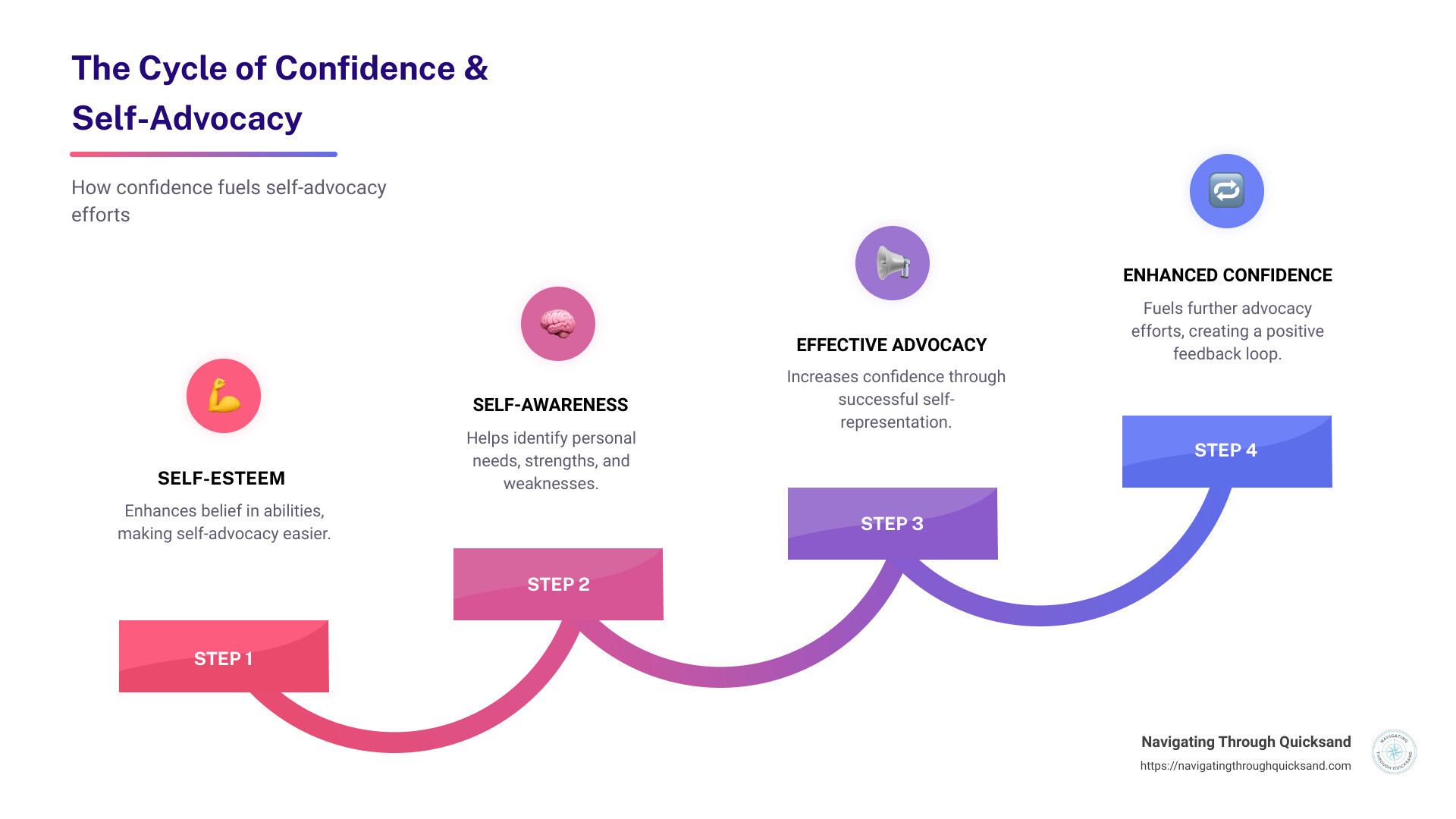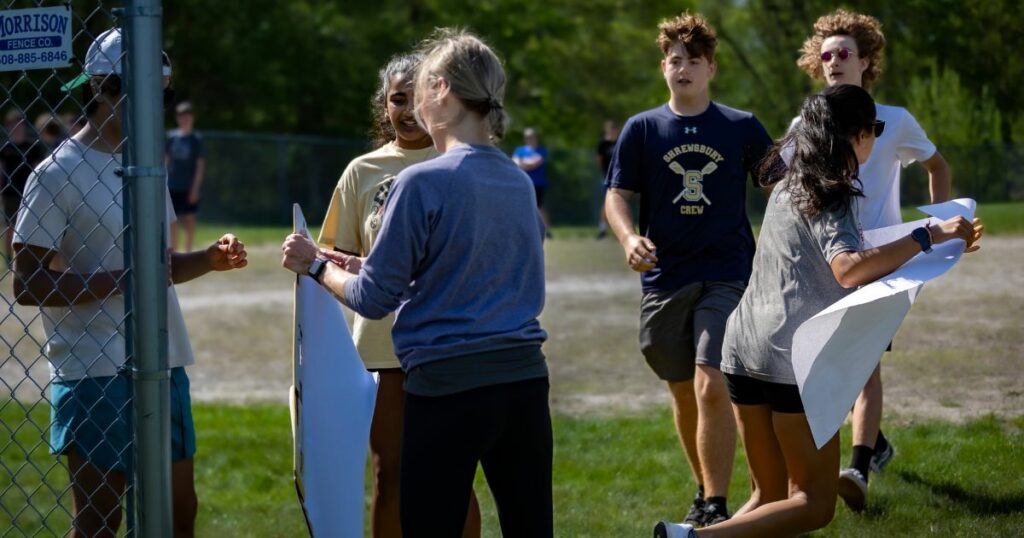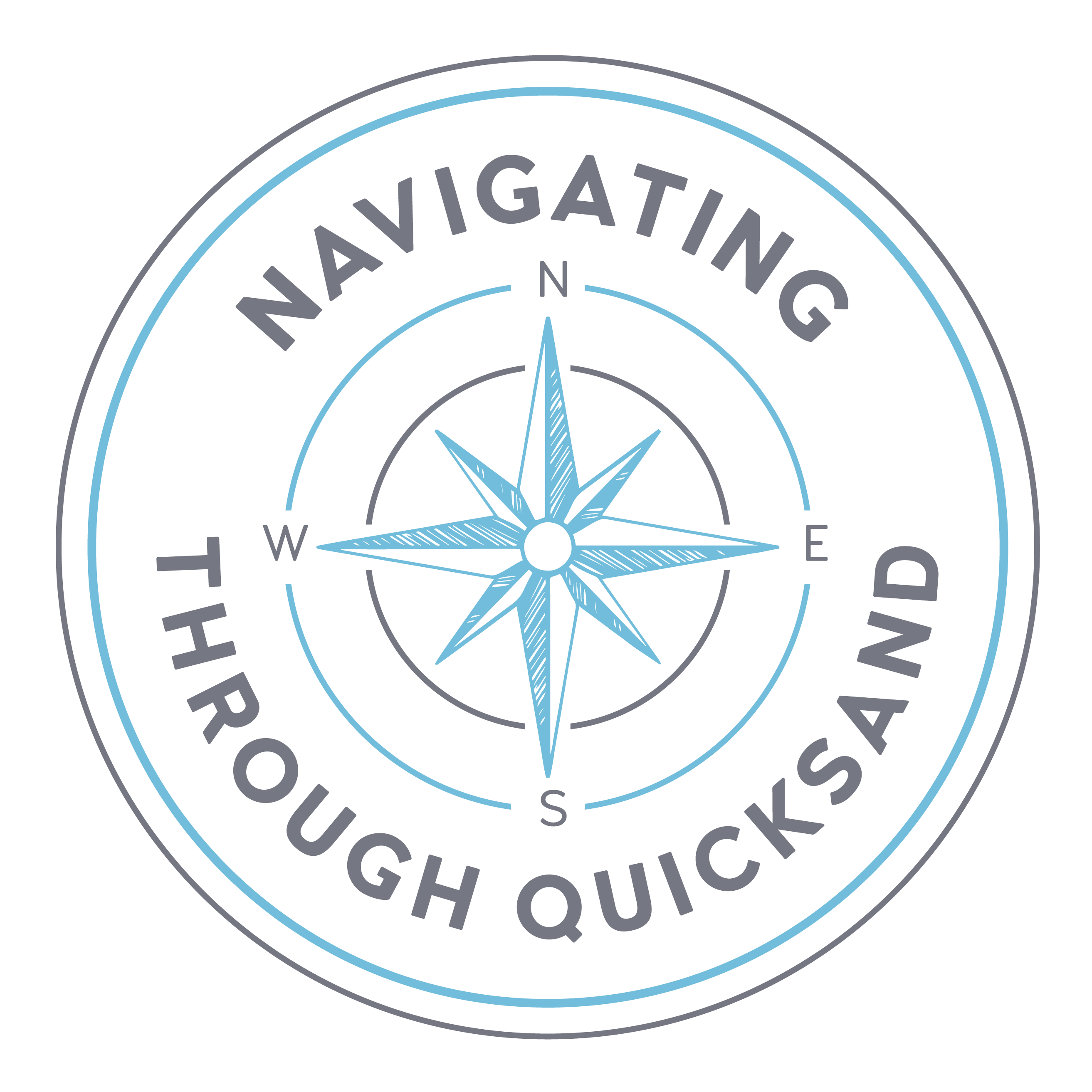How is confidence connected to self-advocacy? In simple terms, confidence is the fuel that powers self-advocacy. When you believe in yourself, you’re more likely to stand up for what you need and want.
In everyday life, especially for busy professionals in New England feeling stuck, a clear understanding of the link between confidence and self-advocacy can be transformative. At the heart of this connection are two key concepts: self-esteem and self-awareness.
Combining high self-esteem with deep self-awareness creates a powerful duo for effective self-advocacy. You not only understand what you need but also feel worthy of asking for it.
How is Confidence Connected to Self-Advocacy Skills?
- Self-esteem is about how much we value ourselves. It’s the confidence in our own worth and abilities. Higher self-esteem means you’re more likely to speak up because you believe you deserve to have your needs met.
- Self-awareness, on the other hand, involves understanding our strengths, weaknesses, and emotions. It’s critical for pinpointing exactly what to advocate for. When we know ourselves well, we can accurately define our needs and desires.

Table of Contents
The Essence of Self-Advocacy is the Ability
When we talk about self-advocacy, we’re really talking about three key things: Understanding needs, Communicating needs, and Knowing support. Let’s break these down in simple terms.
Understanding Needs
First off, knowing what you need is the starting line. It’s like knowing you’re hungry before you decide what to eat. You need to listen to yourself, figure out what’s missing or what could make a situation better for you. This could be anything from needing help at work, asking for accommodations at school, or even expressing how you prefer to be treated in relationships.
- Self-reflection plays a big role here. Ask yourself: What am I good at? Where do I struggle? What makes me happy or stressed?
- Feedback is also crucial. Sometimes, others might see things in us we don’t see ourselves.
Communicating Needs
Now, knowing your needs is one thing, but talking about them is another game. This is where confidence waltzes in. If you believe in your worth (thanks to a healthy dose of self-esteem), you’ll find it easier to voice out your needs.
- Be clear and direct. Think about what you need to say and try to say it as simply as possible. No need for fancy words.
- Practice makes perfect. Try rehearsing what you want to say ahead of time. It can be in front of a mirror, with a friend, or even to your pet!
Knowing Support
This is about understanding who and what can help you meet your needs. It’s a mix of knowing the right people to talk to and being aware of the right tools or resources that can assist you.
- Build a support network. This could be friends, teachers, colleagues or a family member who understand you and can offer help or advice.
- Use available resources. There might be organizations, online communities, or services designed to help people in your situation. Don’t shy away from using them!
Building Blocks of Confidence

When we talk about how is confidence connected to self-advocacy, it’s like discussing the foundation of a house. Without a strong foundation, the house cannot stand firm. Similarly, confidence acts as the bedrock for self-advocacy. Let’s explore the three critical building blocks of confidence: Self-reflection, Positive feedback, and Goal attainment.
Self-reflection
Self-reflection is like looking into a mirror but instead of seeing your physical reflection, you see your inner strengths, weaknesses, dreams, and fears. It’s about asking yourself questions like, “What am I good at?” or “What challenges me?”. This process helps you understand who you are and what you need, which is crucial for advocating for better treatment for yourself.
Imagine you’re preparing for a marathon. You wouldn’t just start running on the day of the event without any preparation. You’d assess your current fitness level, identify areas for improvement, and plan your training. Similarly, self-reflection prepares you for life’s marathons, helping you understand your abilities and areas where you need support.
Positive Feedback
Receiving positive feedback is like watering a plant. Just as water helps a plant grow, positive feedback nurtures your confidence. When you hear from others about what you’re doing well, it reinforces your belief in your abilities.
Consider a time when someone acknowledged your hard work. Maybe a teacher praised your project, or a friend appreciated your support during a tough time. How did that make you feel? Likely, it boosted your confidence and motivated you to keep doing well. That’s the power of positive feedback—it builds your confidence brick by brick.
Goal Attainment
Achieving goals is the evidence that your efforts are paying off. It’s proof that you can set your sights on something and make it happen. Each goal you achieve, no matter how small, is a confidence and motivation booster.
Let’s say you aim to improve your public speaking skills. You start by speaking in front of a mirror, then to a small group of friends, and eventually at a large event. Each step forward is a goal achieved, fueling your confidence to take on bigger challenges. This success cycle not only enhances your self-advocacy skills but also proves to yourself that you can overcome obstacles and reach your objectives.
As we continue our journey, understanding these building blocks of confidence is crucial. They are not just steps but a continuous cycle of growth. The more you engage in self-reflection, receive and learn from positive feedback, and set and achieve goals, the stronger your foundation of self belief and confidence becomes. This robust confidence is what powers your ability to advocate for yourself effectively.
How Confidence and Self-Advocacy Interact

When we talk about how is confidence connected to self-advocacy, three key elements stand out: assertiveness, overcoming fear, and empowerment. These components are not just interconnected; they fuel each other in a cycle that can significantly boost both your confidence and your ability to stand up for yourself.
Assertiveness
At its core, assertiveness is about expressing your thoughts, needs, and feelings in a clear and respectful way. It’s the golden middle ground between aggression and passivity. When you’re assertive, you’re not just heard; you’re listened to. This doesn’t come naturally to everyone, but it’s a skill that can be honed with practice.
Consider this: when you’re confident, you’re more likely to be assertive because you believe in the value of your contributions and needs. This assertiveness, in turn, bolsters your confidence every time you successfully communicate your needs and see them acknowledged and respected.
Overcoming Fear
Fear of judgment or rejection can paralyze us, making self-advocacy seem like an insurmountable challenge. However, confidence acts as a shield against these fears. The more you believe in yourself and your worth, the less daunting these fears become.
Everyone has the right to express their needs and opinions. The fear of judgment and rejection shrinks in the face of confidence. Each time you push past this fear to advocate for yourself, you’re not only proving to yourself that you can do it but also making it easier to do it again in the future.
Empowerment
Empowerment is the feeling of being in control of your life. It’s about recognizing your own power and knowing you have the right to make choices for yourself. Confidence feeds empowerment by fueling a sense of self-worth and capability.
When you feel confident and empowered, you’re more likely to take action on your own behalf, which includes advocating for your needs. This creates a positive feedback loop: every act of self-advocacy strengthens your sense of empowerment, and with each step, your confidence grows.
By understanding how confidence and self-advocacy interact, you can start to see the power in this relationship. Assertiveness allows you to express your needs clearly, overcoming fear enables you to stand up for yourself despite potential judgment, and empowerment gives you the control to make choices for your life. Together, these elements create a strong foundation for both confidence and self-advocacy.
Strategies to Enhance Self-Advocacy through Confidence

Improving self-advocacy through confidence isn’t just about talking louder or more often. It’s about knowing how to listen, speak, seek help, and even how to face setbacks. Let’s break down these strategies into simple, actionable steps.
Active Listening
Believe it or not, listening can make you a better advocate for yourself. Here’s why:
- Understanding Others: By listening, you learn what others value. This can help you tailor your requests or needs in a way that resonates with them.
- Building Relationships: People appreciate being heard. Listening builds trust, making others more likely to support you.
Quick Tip: Next time you’re in a conversation, focus on what the other person is saying without planning your response. Ask questions to clarify. It shows you value their perspective.
Assertiveness Training
Assertiveness doesn’t mean being aggressive. It’s about expressing your needs and rights respectfully and confidently. Here’s how to start:
- Use “I” Statements: Say “I feel” or “I need” instead of “You never” or “You should”. It keeps the focus on your needs without blaming.
- Practice: Start small. Practice assertiveness in low-stakes situations to build your confidence.
Quick Tip: Role-playing with a friend or coach can be a safe way to practice assertiveness. You’ll get feedback in a supportive environment.
Seeking Support
You don’t have to do it alone. Seeking support is a strength, not a weakness. Here’s why:
- Shared Experience: Others may have faced similar challenges and can offer advice or share what worked for them.
- Emotional Support: Just knowing you’re not alone can increase self confidence and well being.
Quick Tip: Identify someone you trust and respect. Ask if you can share your challenges and seek their advice. It could be a mentor, friend, or professional coach.
Embracing Setbacks
Setbacks are not failures; they’re part of learning. Here’s how embracing them can enhance self-advocacy:
- Growth Mindset: View setbacks as opportunities to learn and grow. Ask yourself, “What can I learn from this?”
- Resilience: Each setback you face and overcome builds resilience, making you more confident in facing future challenges.
Quick Tip: Keep a journal of challenges you’ve faced and how you’ve overcome them. Reviewing this can remind you of your strength and resilience.
By incorporating these strategies into your daily life, you’ll not only enhance your self-advocacy skills but also build a stronger, more confident you. Self-advocacy is a journey, not a destination. Each step you take, no matter how small, is a step towards a more empowered you.
Empowering Techniques for Self-Advocacy

Building confidence and self-advocacy skills can feel like a big task. But, there are some simple, practical techniques that can make even small steps make a big difference. Let’s dive into a few: role-playing, public speaking, writing and journaling, and engaging in extracurricular activities.
Role-playing
Role-playing is like a rehearsal for real life. It’s practicing how you’ll speak up and advocate for yourself in different situations. Imagine you’re in a class, and you need extra help. Role-playing lets you practice asking your teacher for that help before you actually do it. This practice can make the real conversation less scary and more successful.
- Why it works: Role-playing helps you prepare for different responses and builds your confidence in real-life scenarios.
Public Speaking
Public speaking might sound daunting, but it’s a powerful way to boost your self-advocacy skills. It could be as simple as speaking up in class or joining a debate club. The goal is to get comfortable with expressing your thoughts and needs in front of others.
- Why it works: The more you speak in public, the more you realize that your voice matters. This realization is a big confidence booster.
Writing and Journaling
Writing and journaling give you a private space to express and write down your needs, thoughts, and feelings. This can be especially helpful if you’re not ready to voice them out loud yet. Writing down what you want to say can help clarify your thoughts and make it easier to communicate them to others.
- Why it works: It helps you organize your thoughts and practice expressing your needs clearly.
Extracurricular Activities
Extracurricular activities are a fun way to further build confidence and self-advocacy skills. Whether it’s sports, music, art, or clubs, these activities put you in situations where you need to communicate, work with others, and sometimes, lead. They offer a low-stakes environment to practice speaking up and advocating for yourself and the team.
- Why it works: These activities provide natural opportunities to practice self-advocacy in a supportive environment.
The goal of these techniques is not just to improve your self-advocacy skills but also to build a stronger, more confident you. By incorporating role-playing, public speaking, writing, and engaging in extracurricular activities into your life, you’re not just practicing self-advocacy. You’re living it.
In our journey towards self-advocacy, these empowering techniques are key to unlocking a more confident and assertive self. Let’s keep exploring and expanding our toolkit with Navigating Through Quicksand, LLC, ensuring that we’re always moving towards a more empowered and self-assured future.
Conclusion
As we wrap up our exploration of how confidence is connected to self-advocacy, it’s clear that the journey is deeply personal and profoundly transformative. Confidence fuels our ability to effectively advocate for ourselves, and in turn, practicing self-advocacy strengthens our confidence. It’s a virtuous cycle that leads to empowerment and growth.
Self-advocacy isn’t just about speaking up; it’s about knowing yourself, understanding your needs, and asserting your right to meet those needs. And confidence? It’s the light that guides you through the quicksand of doubt and fear, towards a place where you can stand firm in your values and desires.
Contact us today at Navigating Through Quicksand, LLC, we invite you to continue this journey with us. Let’s explore together how we can further empower ourselves and others. Whether it’s through one-on-one coaching, workshops, or our inspiring events, there’s a place for you here. Your journey towards increased self confidence and effective communication starts today.
For more information on how we can support your journey, visit our services page. Together, let’s navigate through the quicksand of life’s challenges and emerge stronger, more confident, and empowered.
Empowering. Enhancing. Exercising. Let’s make a positive difference, one step at a time.
Our Content
Our content is carefully created and edited by Ashley Gustafson to ensure that the content is accurate, reliable, and up-to-date. Navigating Through Quicksand, LLC is a trusted inspirational woman, inspirational speaker, and personal development coach in Massachusetts for confidence coaching programs for women such as leadership workshops, communication workshops, low self-confidence programs, and more. Navigating Through Quicksand, LLC has empowered individuals with over 15 years of experience working with students and athletic teams from local communities.



